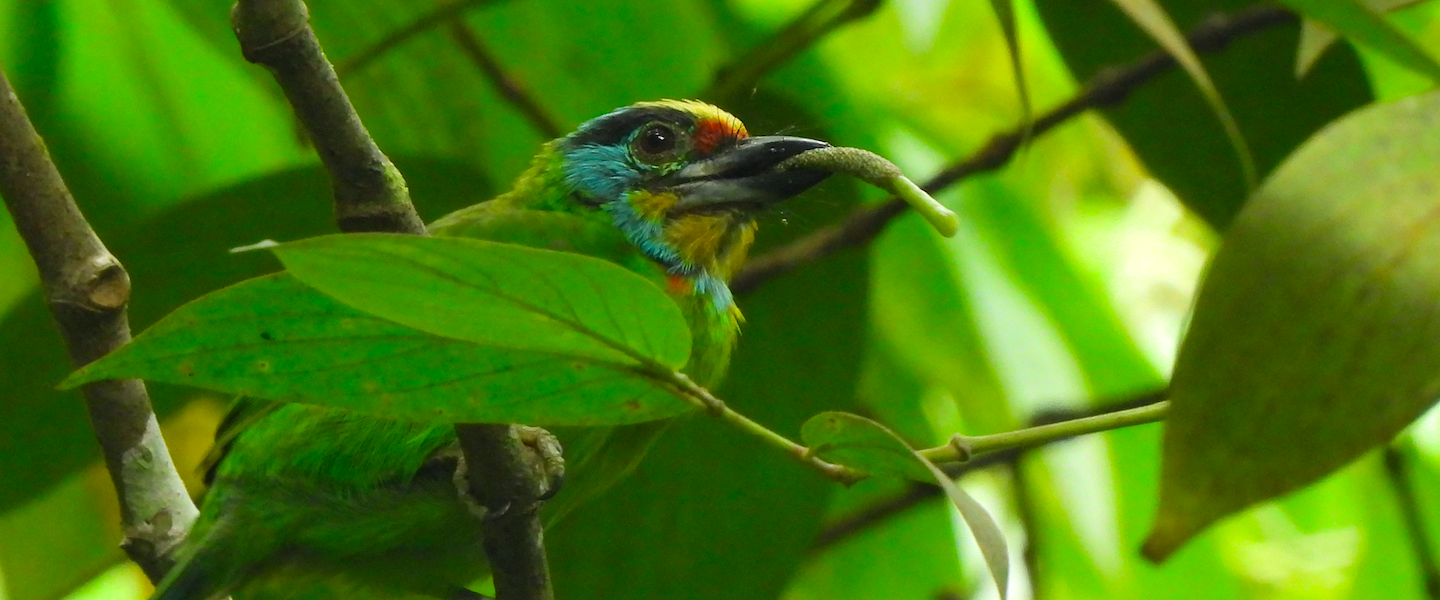Unlike the dreamy summer of Helsinki, autumn is perhaps the most challenging season for foreigners moving to Finland. From the late-August rains and temperature drops to the first thick snow arriving around November or December, the increasingly shorter days and longer nights often coincide with perpetual cloudy skies and drizzle. While the falling leaves may bring a cozy atmosphere to Helsinki, birdwatchers are blessed with awesome passage migrants that surely improve the whole experience.
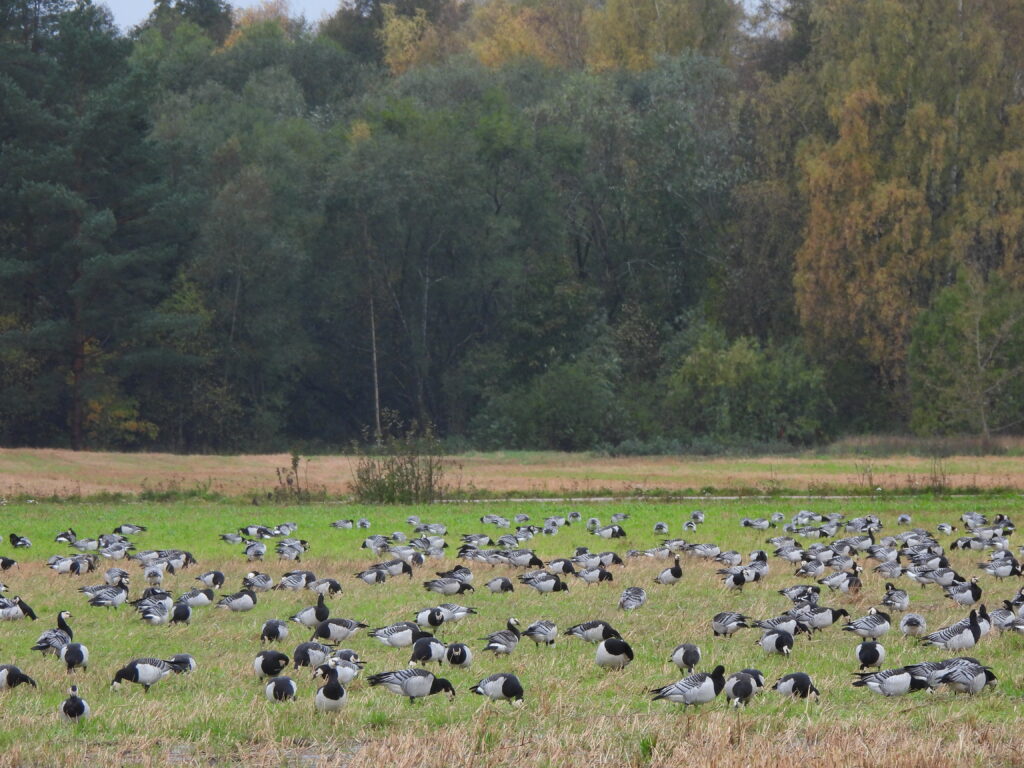
Signs of postnuptial migration become evident throughout August and even July. The shores of wetlands in Viikki and Laajalahti are temporarily visited by numbers of common ringed plovers (Charadrius hiaticula), dunlins (Calidris alpina), greenshanks (Tringa nebularia), wood sandpipers (Tringa glareola), green sandpipers (Tringa ochropus) and other waders — all of which leave the area soon enough.
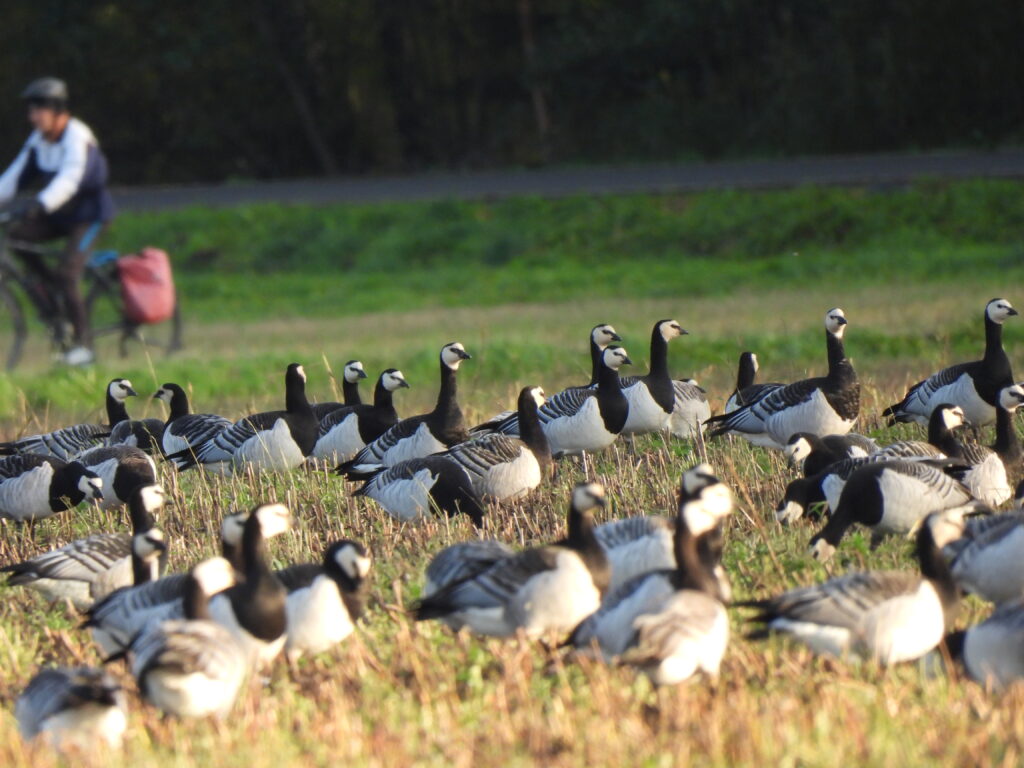
At the beginning of autumn, the wet fields in Viikki quickly fill with thousands of barnacle geese (Branta leucopsis) preparing for migration — flocks that stay for weeks before gradually departing. These flocks often have some lapwings (Vanellus vanellus) and ruffs (Calidris pugnax) mixed in, plus the odd brant (Branta bernicla) lost from its conspecifics migrating through the sea. Indeed, through the season, different migrating ducks show up in Helsinki wetlands, often in unexpected places — I was once pleasantly surprised to find a smew (Mergellus albellus) on a tiny pond in the residential area where I used to live.
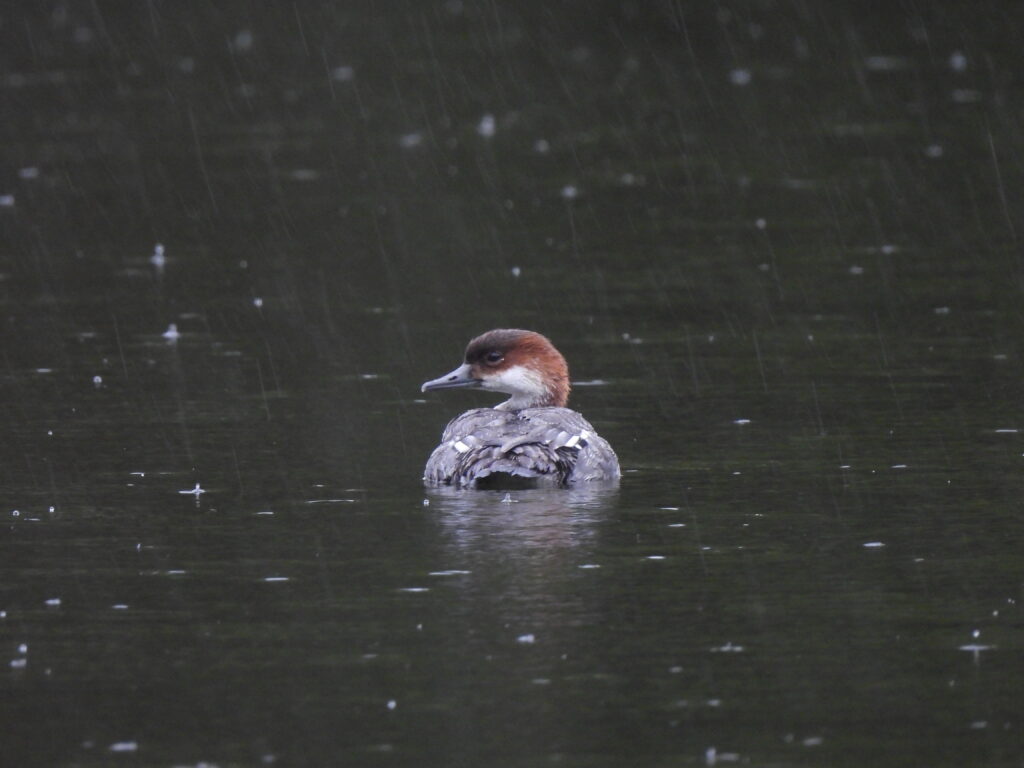
Large flocks of barnacle geese cross over the city, as do common cranes (Grus grus), whooper swans (Cygnus cygnus) and wood pigeons (Columba palumbus). Raptor passage is quite prominent, with good numbers of sparrowhawks (Accipiter nisus), ospreys (Pandion haliaetus), hobbies (Falco subbuteo), kestrels (Falco tinnunculus) and hen harriers (Circus cyaneus) passing over the city’s green areas on a daily basis. The local resident goshwaks (Astur gentilis) are also very present as they make the most out of exhausted passerines.
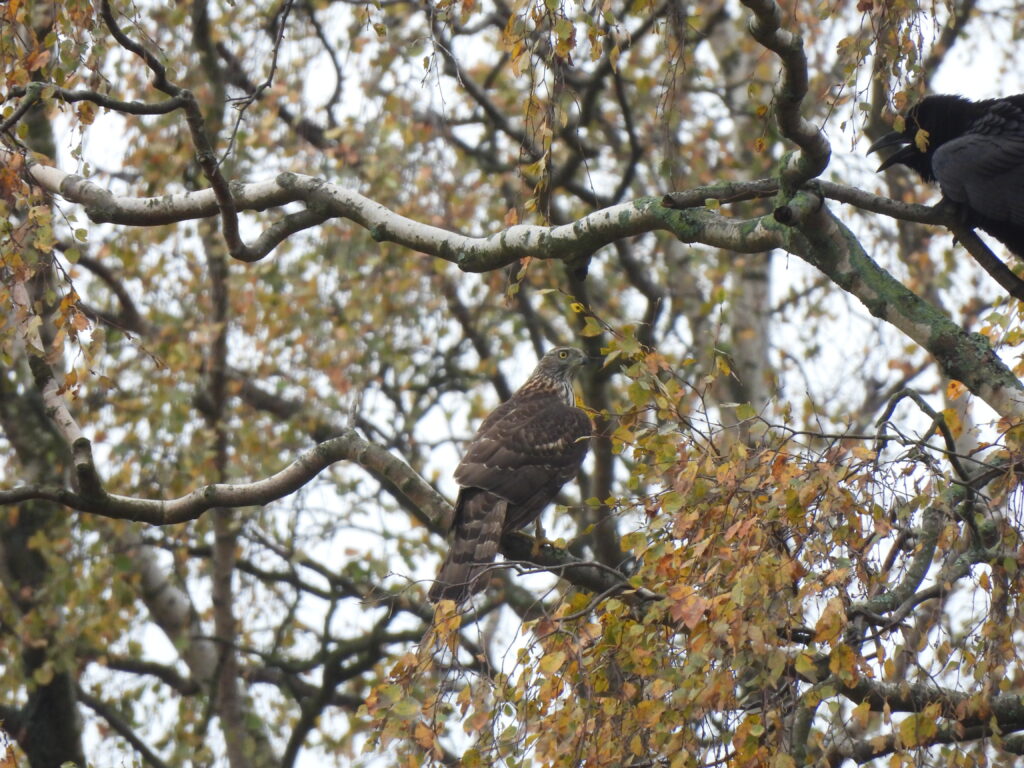
Passerines are also entertaining during autumn. Species breeding nearby pass through Helsinki earlier in the season, with good numbers of northern wheatears (Oenanthe oenanthe), whinchats (Saxicola rubetra), red-backed shrikes (Lanius collurio), blackcaps (Sylvia atricapilla), lesser whitethroats (Curruca curruca) and common chiffchaffs (Phylloscopus collybita) across the city during August and September.
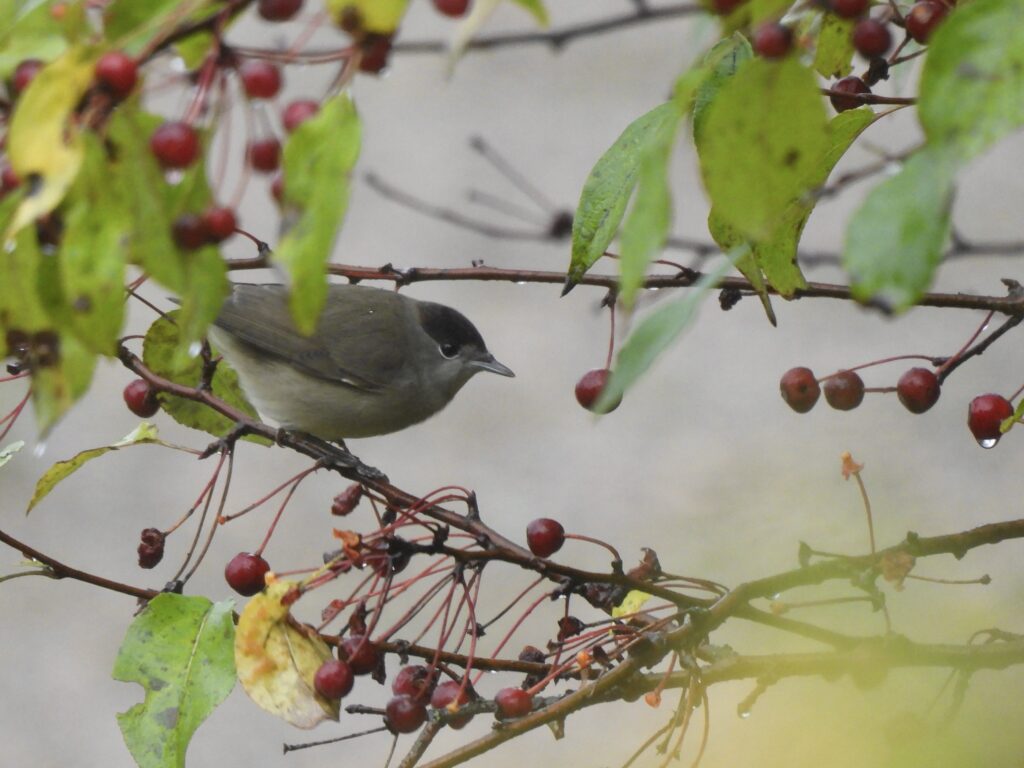
Throughout October, bird diversity shifts. Compared with other times of the year, numbers of yellow wagtails (Motacilla flava), wrens (Troglodytes troglodytes), fieldfares (Turdus pilaris) and redwings (Turdus iliacus) increase notably. Birds breeding in more distant areas show up too, such as great gray shrikes (Lanius excubitor), redpolls (Acanthis flammea) and bramblings (Fringilla montifringilla).
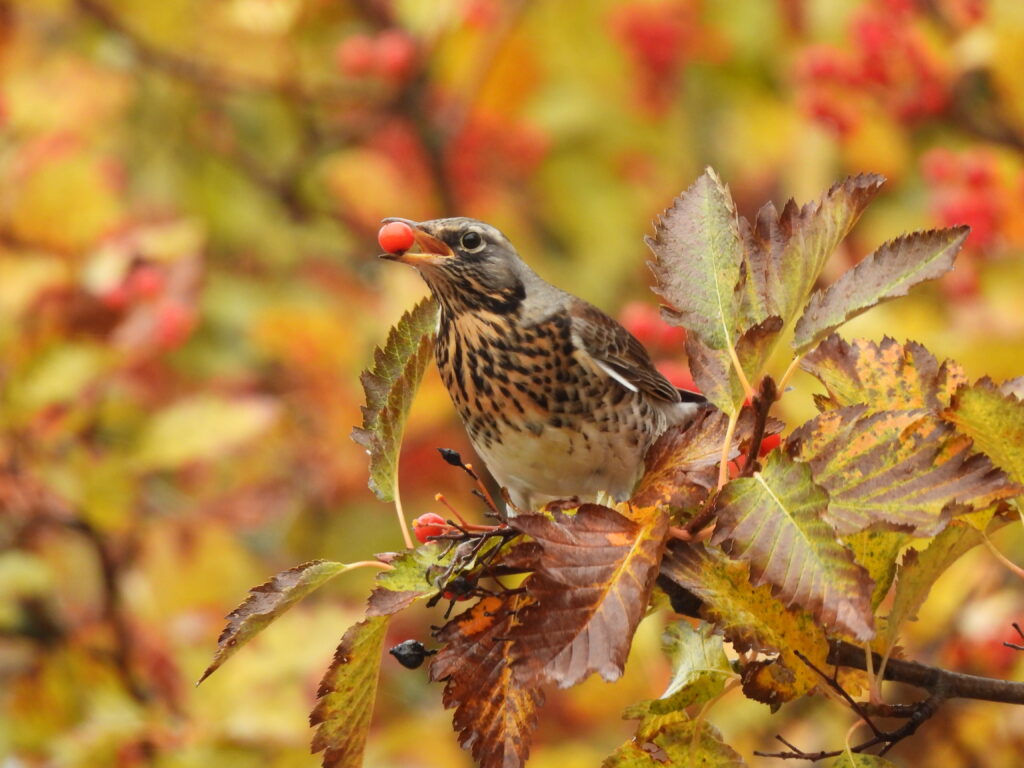
Passing vagrants from the Far East are a treat at this time of year — such as Pallas’s leaf warbler (Phylloscopus proregulus), a Siberian rarity recorded annually in the city area. I connected with one bird back in 2020, foraging in the Tähtitorninmäki park trees in the city center with goldcrests (Regulus regulus) and treecreepers (Certhia familiaris).
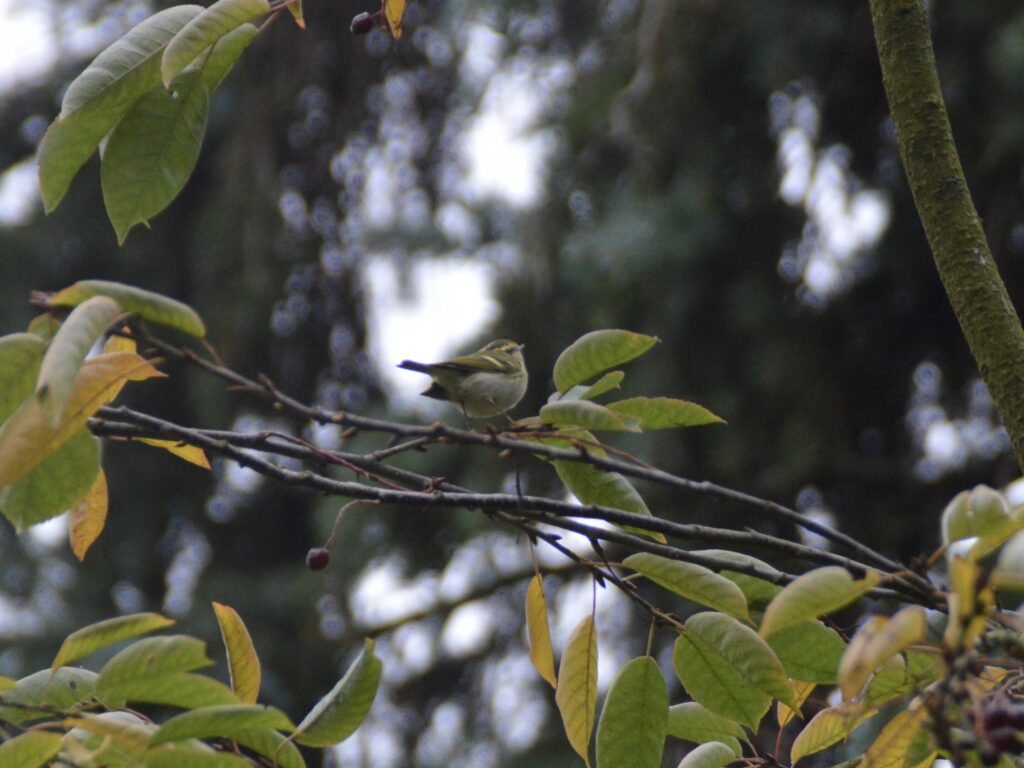
But the quintessential bird of autumn in Helsinki has to be the Bohemian waxwing (Bombycilla garrulus). Flocks of these finely looking birds, calling like tinkerbells, covered the poplars and rowans in my garden in Viikki for a few weeks in October and early November. Their confiding nature and picturesque looks make for a great time watching them.
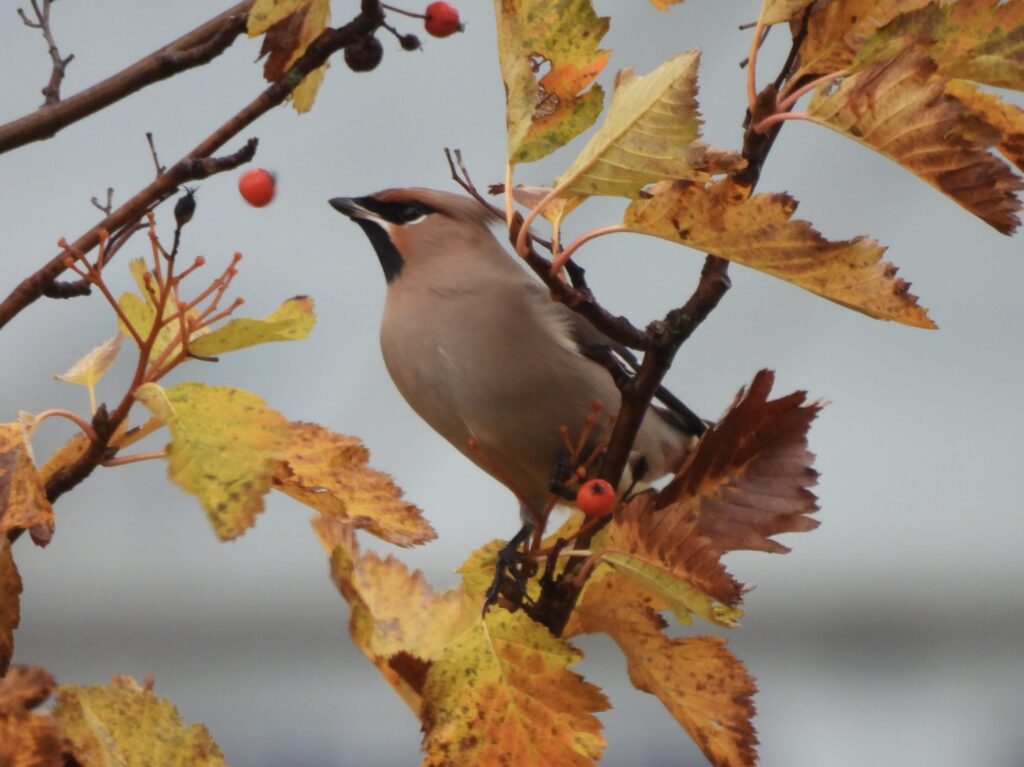
Sunlight becomes increasingly limited and the weather increasingly challenging throughout autumn. However, the city remains an awesome location to witness the migration of dozens of species. Waxwings, thrushes, geese and potential vagrants more than make up for the conditions, making this a great season to be in Helsinki.

